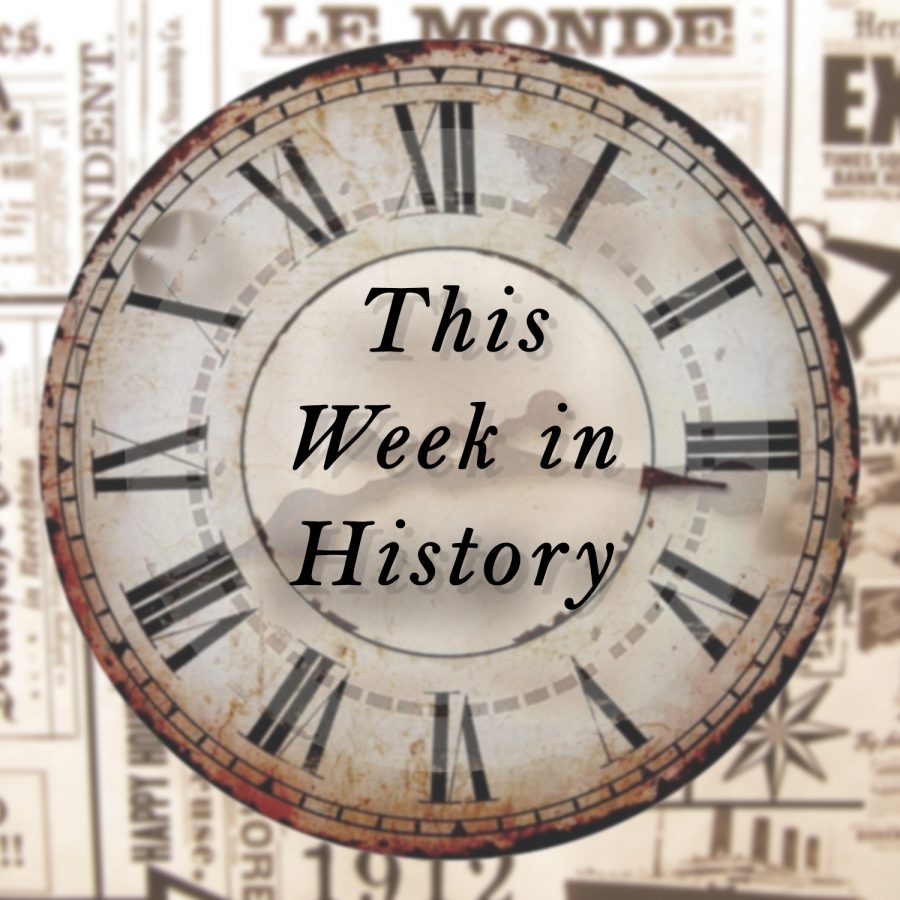- On Feb. 20, 1792, George Washington signed the Postal Service Act to regulate the United States Post Office Department. This guaranteed inexpensive delivery of newspapers. While mail delivery had been in place previously, this changed the future of the postal service because it gave the postmaster general broader powers. It addressed issues of privacy by making it illegal for anyone to open mail but the person it was addressed to. Those who did open mail before it was delivered faced a $300 fine. Additionally, the act imposed harsh penalties on those that stole mail or robbed delivery people. This act was essential in spreading information in order to create an informed citizenry and paved the way for the modern postal system.
- On Feb. 19, 1942, Franklin D. Roosevelt signed Executive Order 9066 which allowed certain areas to be labeled as military zones, authorizing the removal of anyone from these military zones “as deemed necessary or desirable.” This was the beginning of the US internment camps of World War II. Over the next five months, more than 120,000 Japanese Americans, many of whom were US citizens, were forcibly evicted from the west coast and held in “relocation centers.” While the government mostly imprisoned Japanese Americans, this also affected Italian and German Americans. While these camps were closed in December of 1944 when President Roosevelt rescinded executive order 9066, those two and a half years forced many to endure harsh living conditions including food shortages, poor sanitary conditions, and violence.
- In 1967, AT&T suggested that the Federal Communications Commission use the number 911 for emergency communications because it was brief, easily remembered, and had not been assigned as an area code. A year after this was suggested, it was officially adopted by AT&T and Senator Rankin Fite made the first 911 call on Feb. 16, 1968, in Haleyville, Alabama. Six days later, the second call was made in Nome, Alaska. This system steadily grew in popularity and by 1987, half the country was using it. Now, about 96% of the geographical US is covered by the system, allowing the majority of the US population to place 911 calls that save the lives of themselves and others.
- On Feb. 18, 2010, WikiLeaks published the first documents leaked by Chelsea Manning. The first leak was called Reykjavik13 and contained documents that showed the US bullying Icelandic officials. While this first leak barely registered with the public, Manning continued sending sensitive information to Wikileaks. In fact, this was the first of around 750,000 sensitive documents — the largest leak of classified information in US history. Manning had gathered the data while working as an intelligence analyst within the US army by putting it on a CD labeled “Lady Gaga” in order to secretly bring it home. The data held thousands of documents showing the atrocities that the US committed in the Iraq War and Afghanistan, such as videos of airstrikes killing citizens and information that the US was responsible for over 10,000 innocent deaths. Because of this, Manning is now known as one of the most significant whistleblowers in the history of the United States and was even given international acclaim from free speech and anti-war activists.





